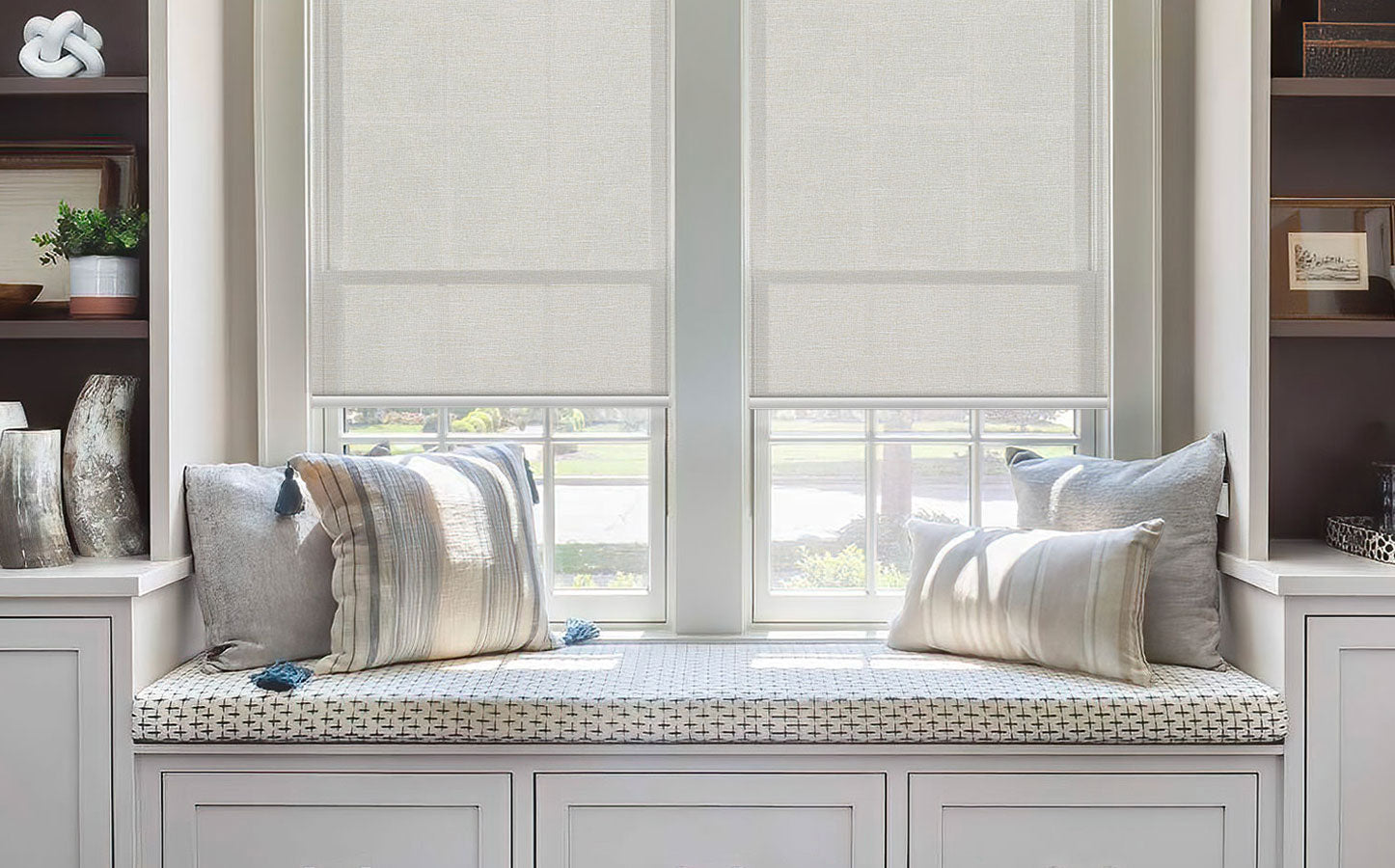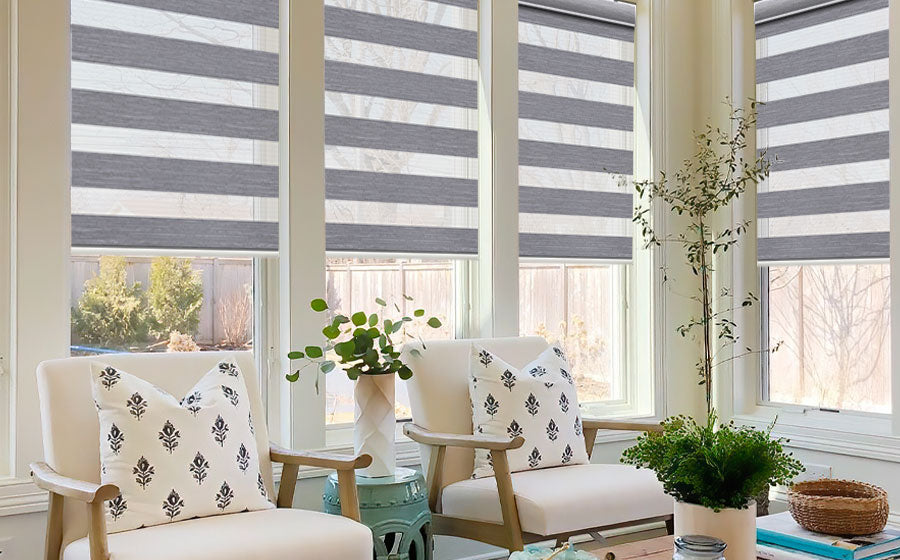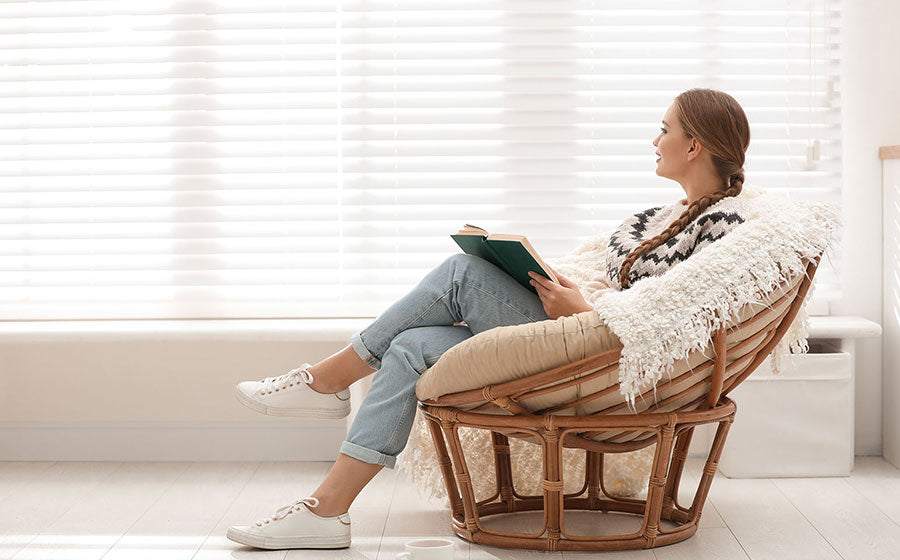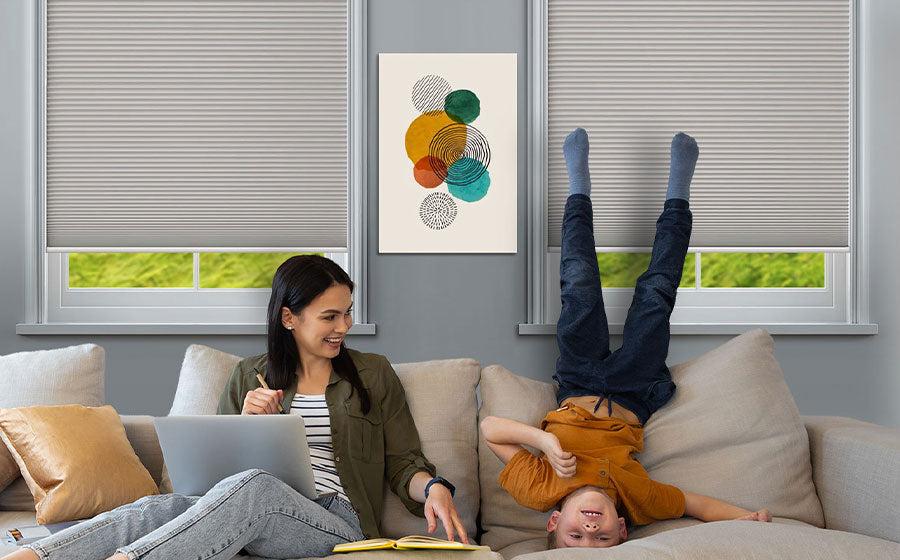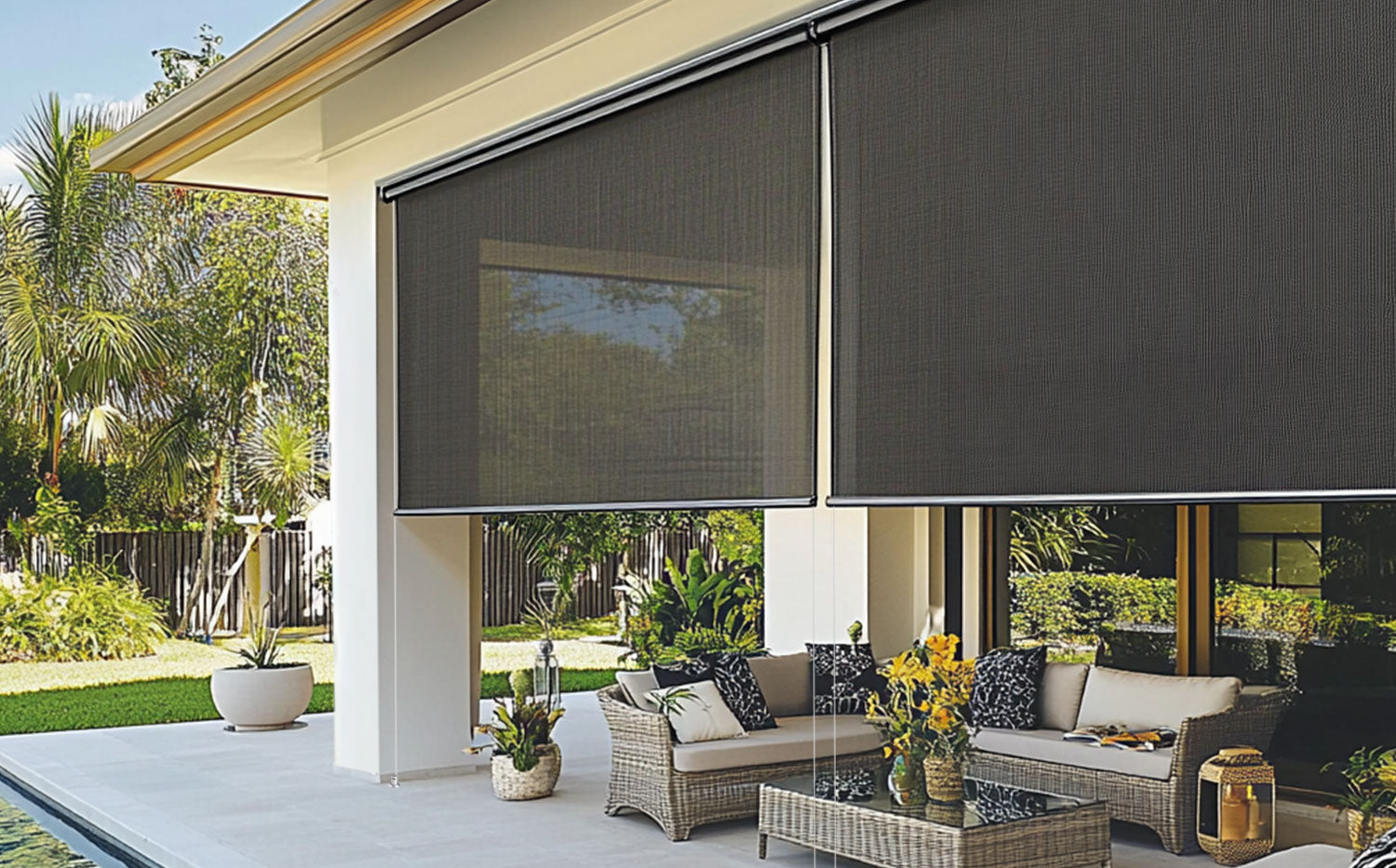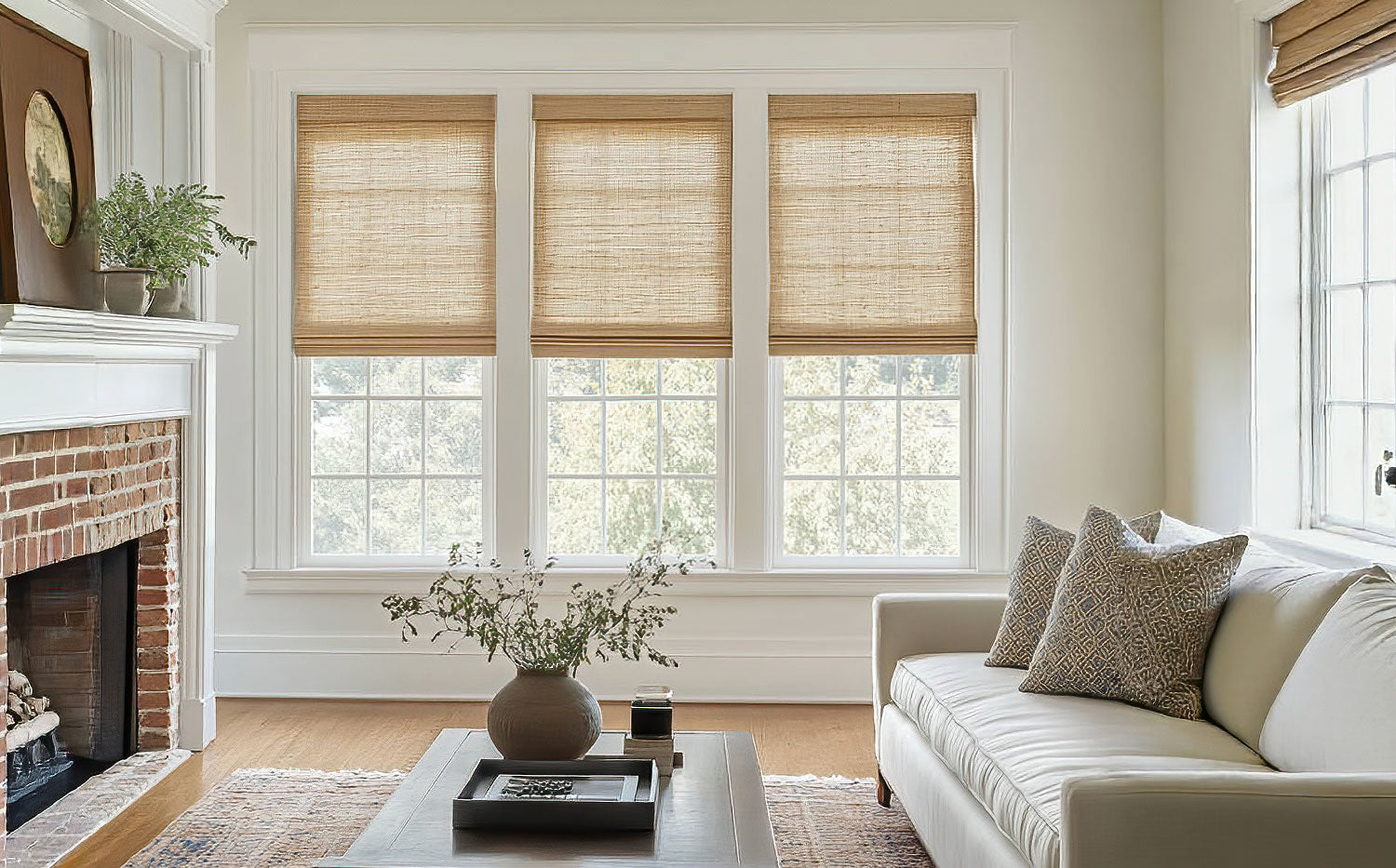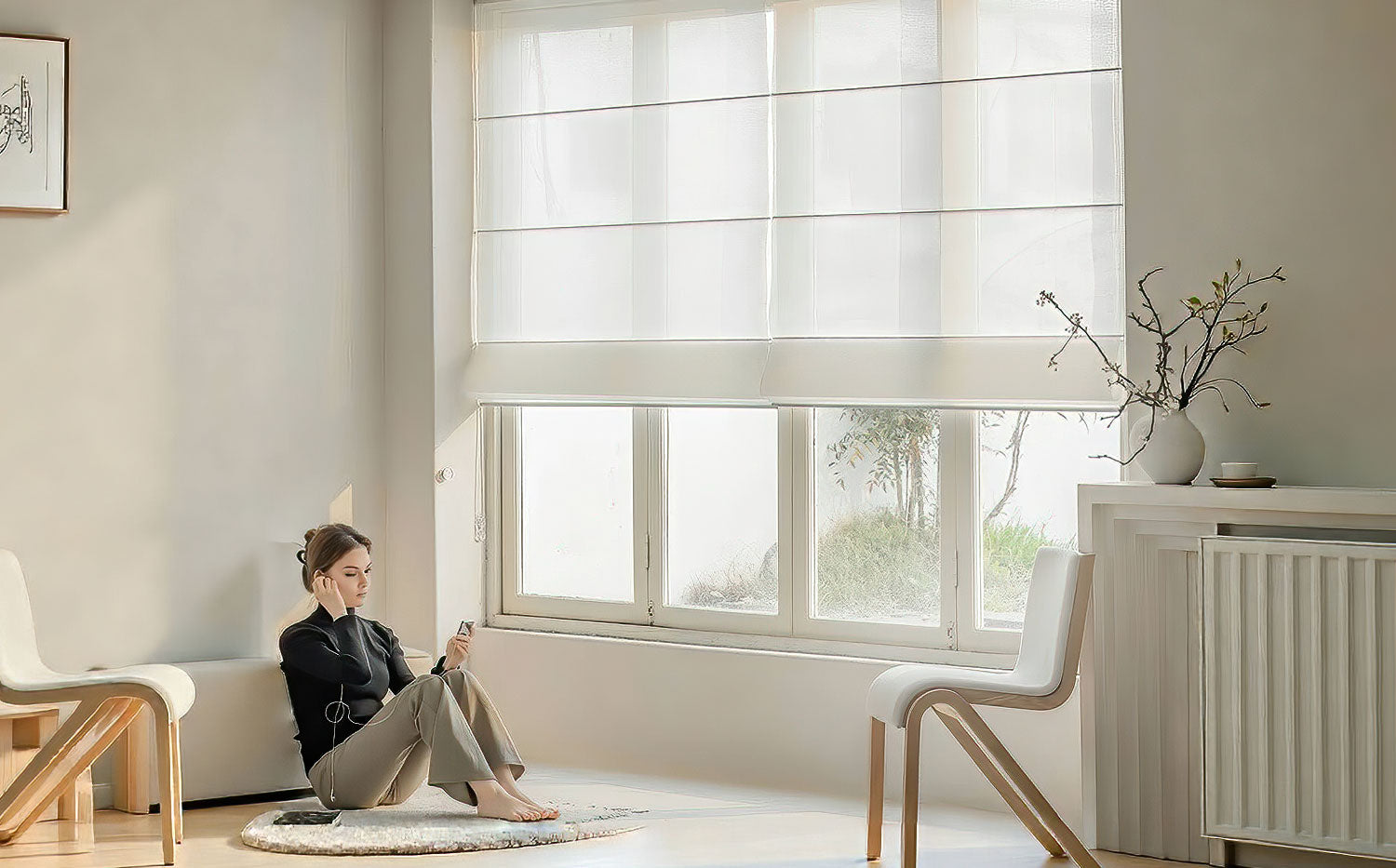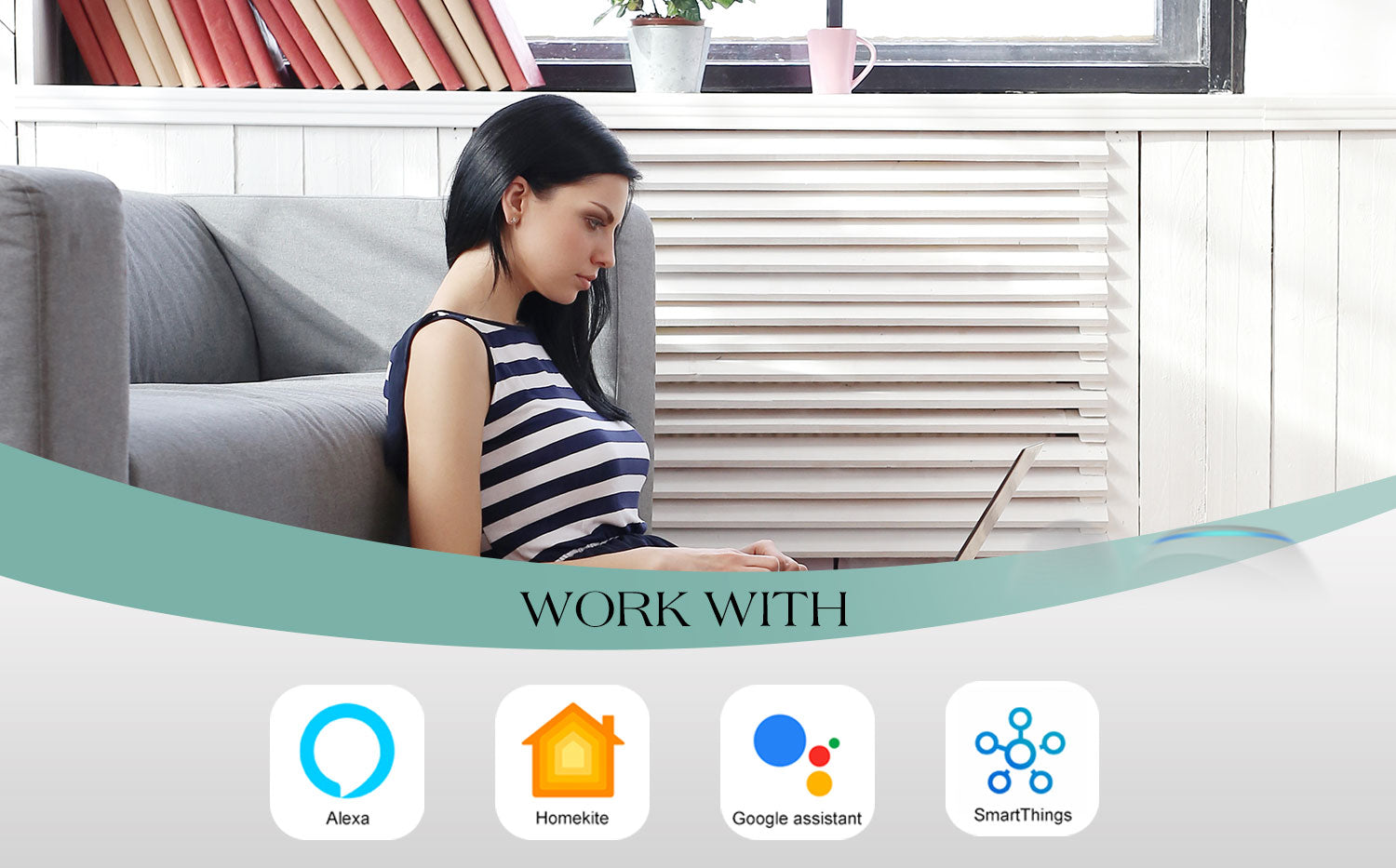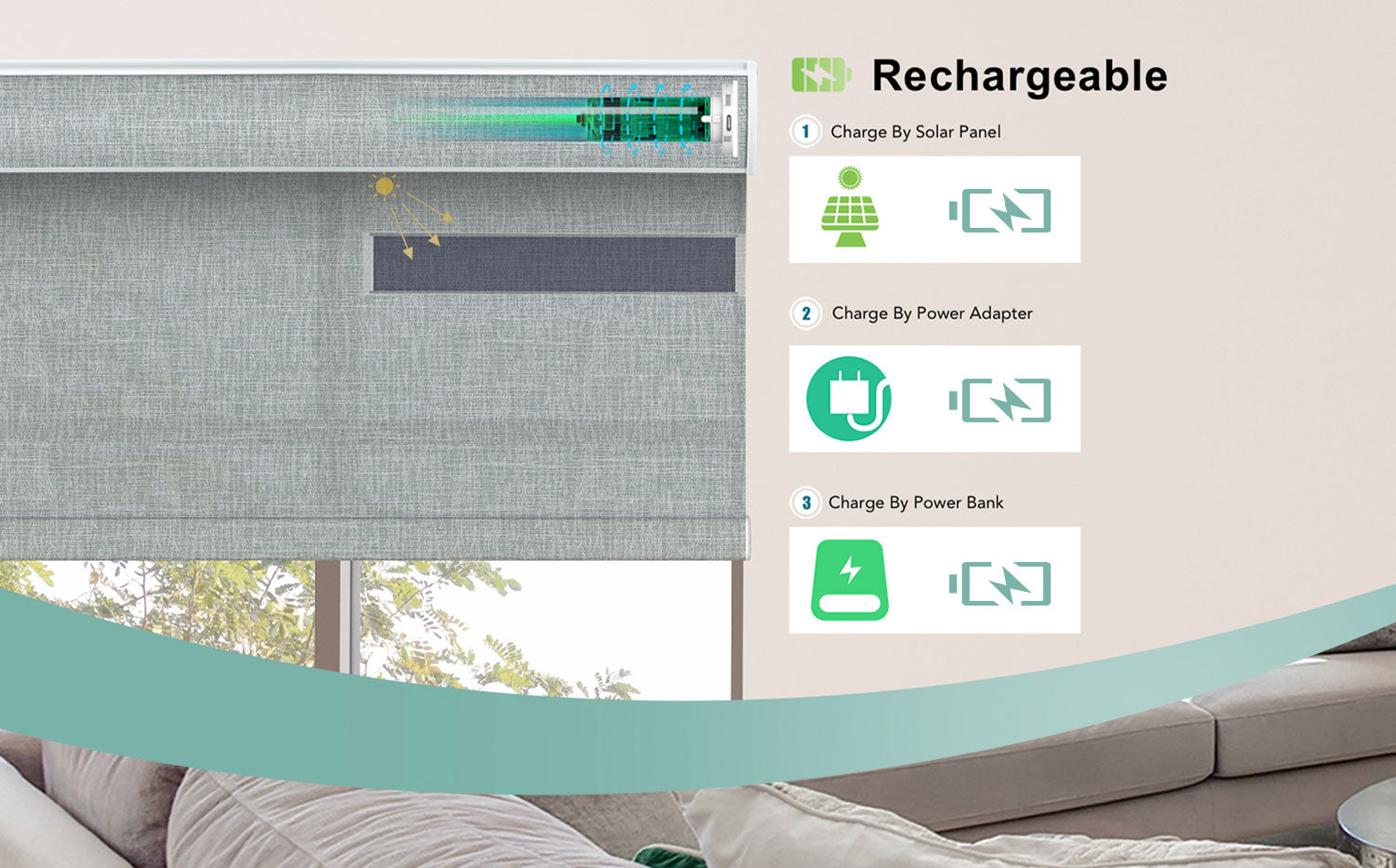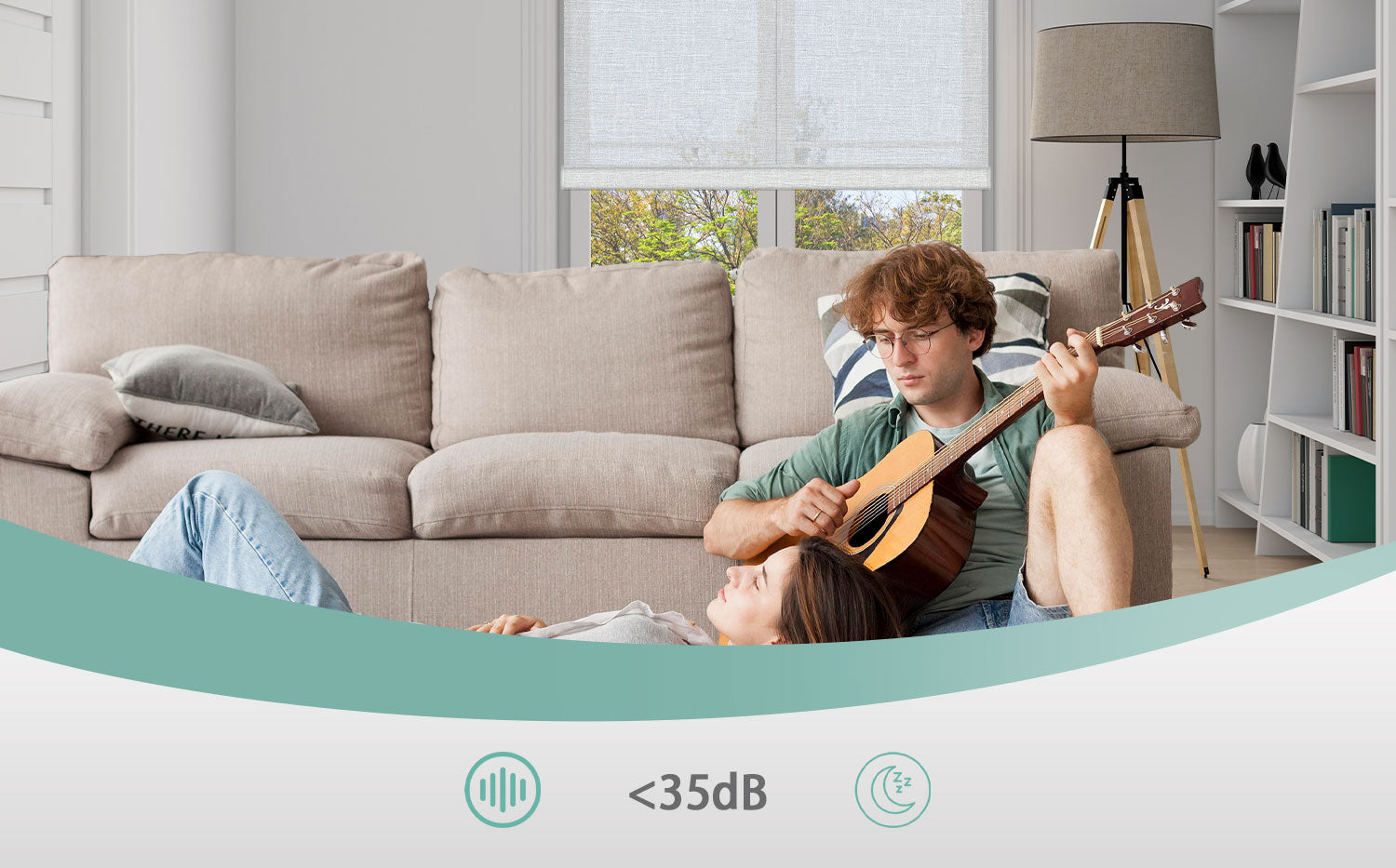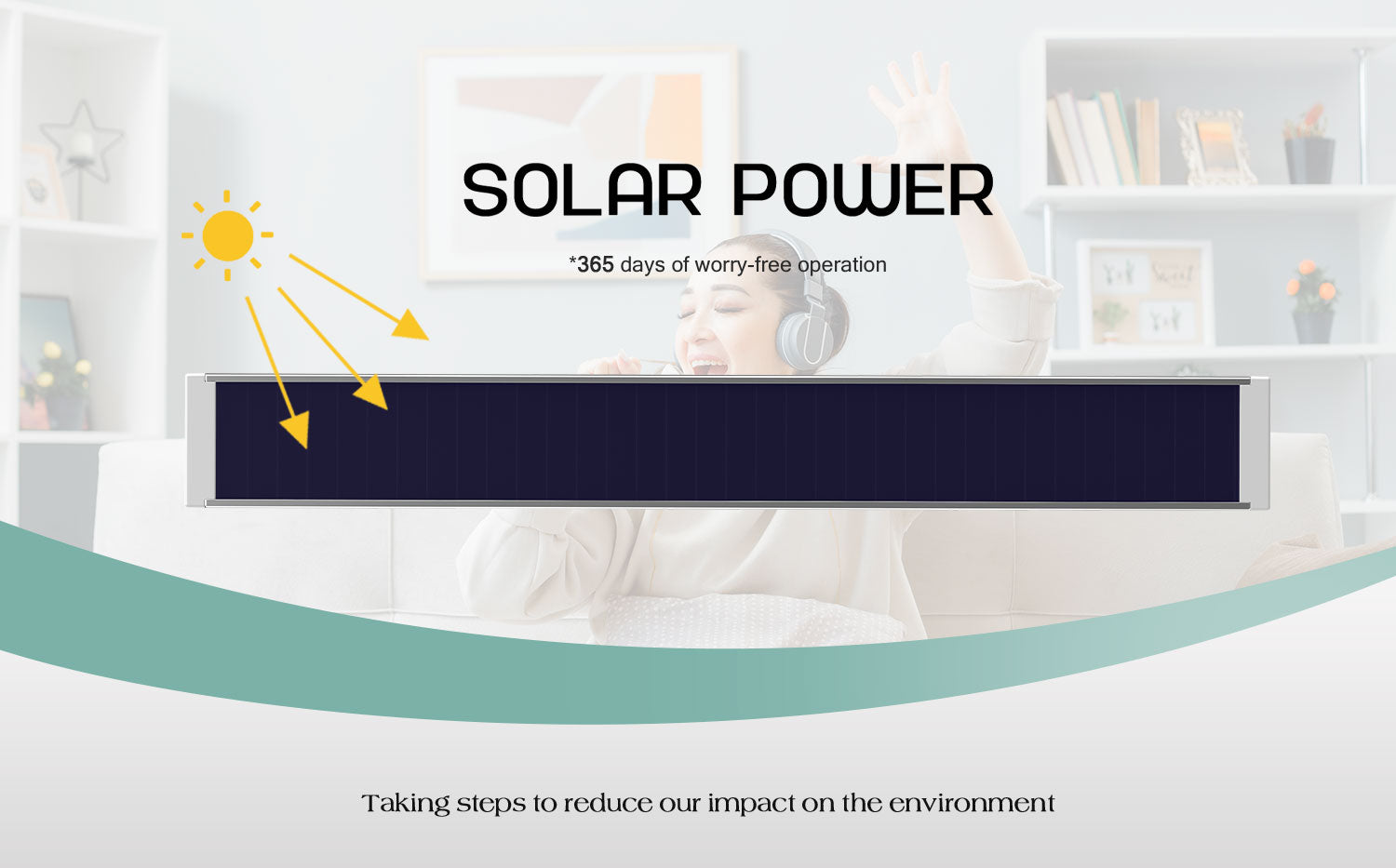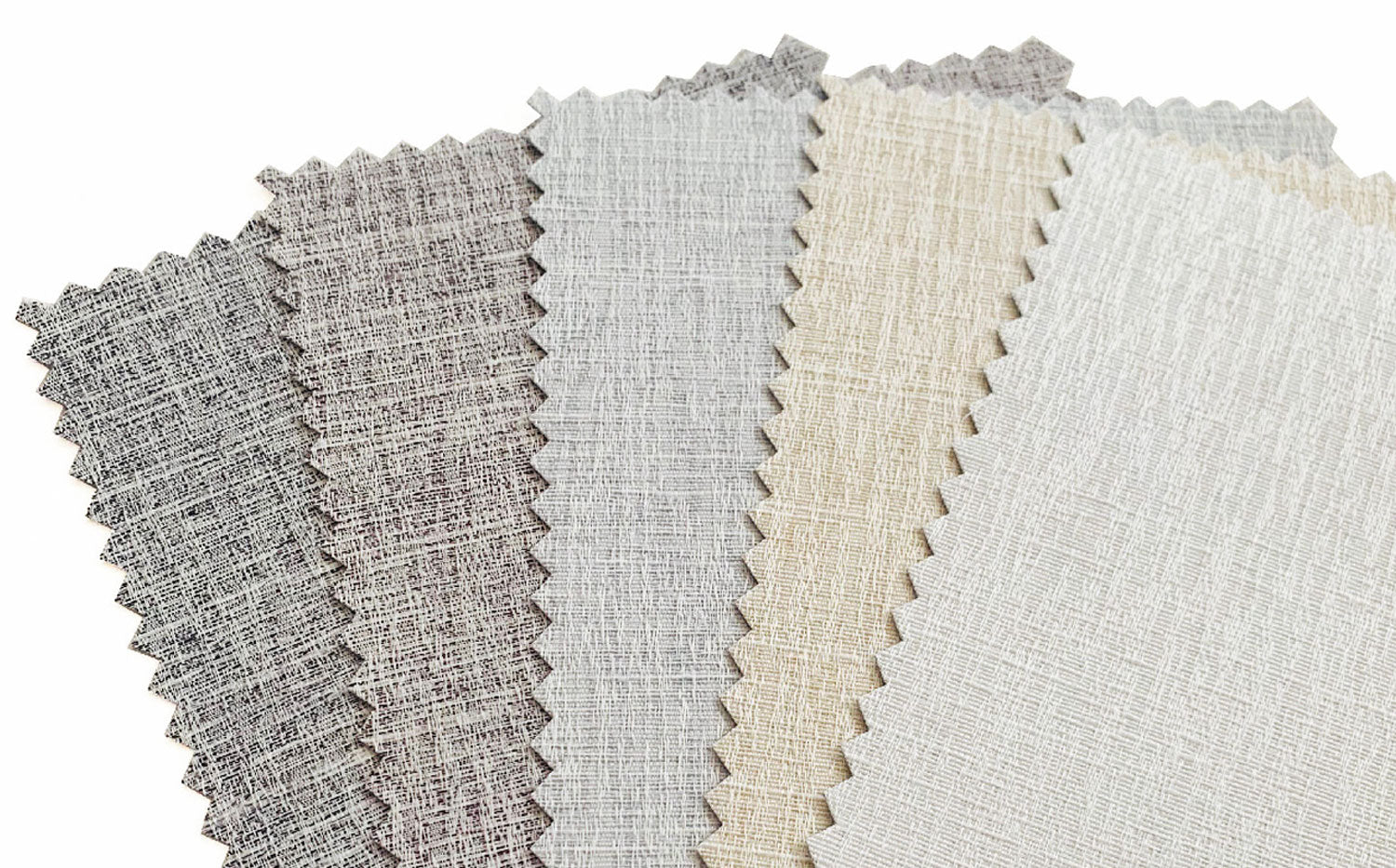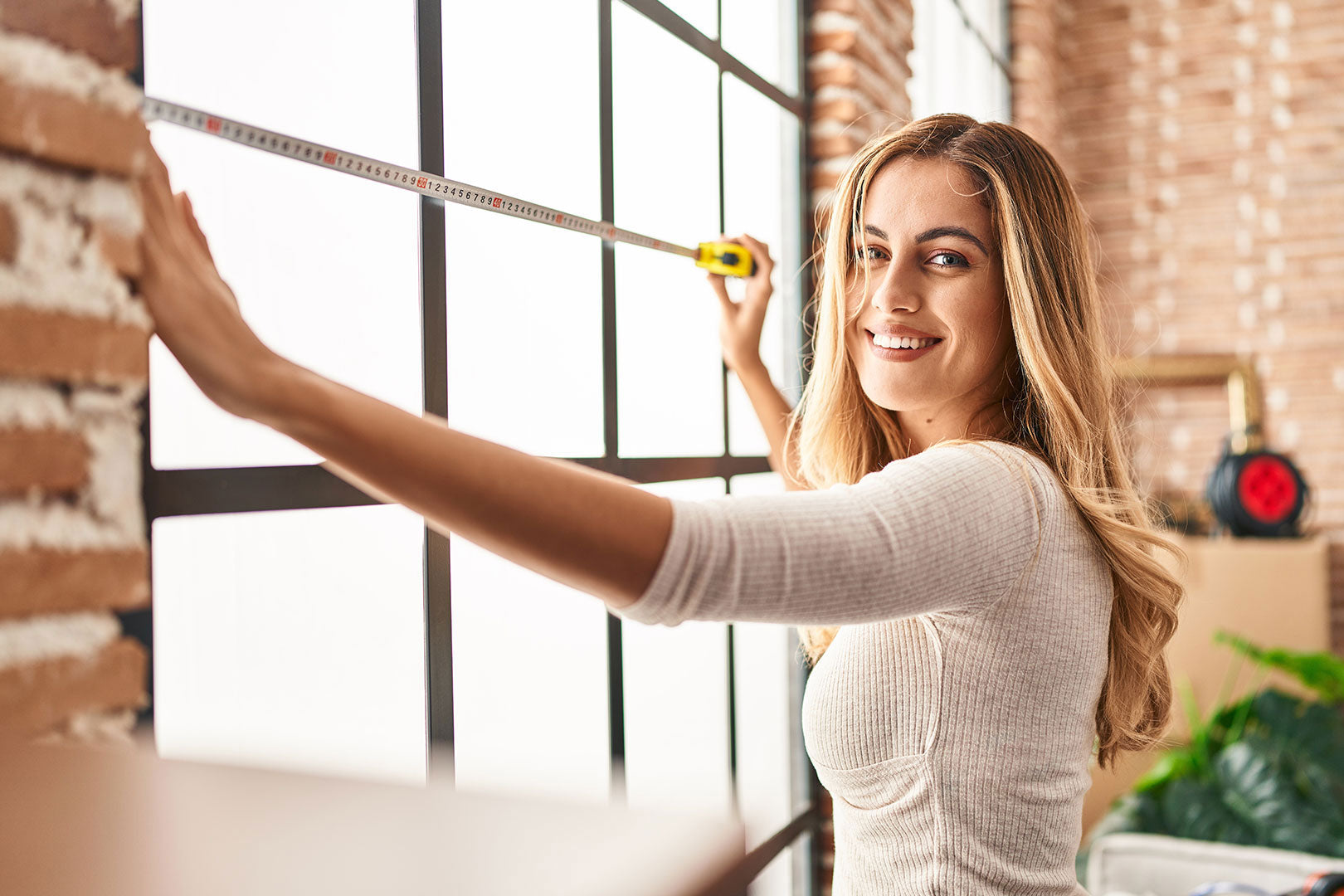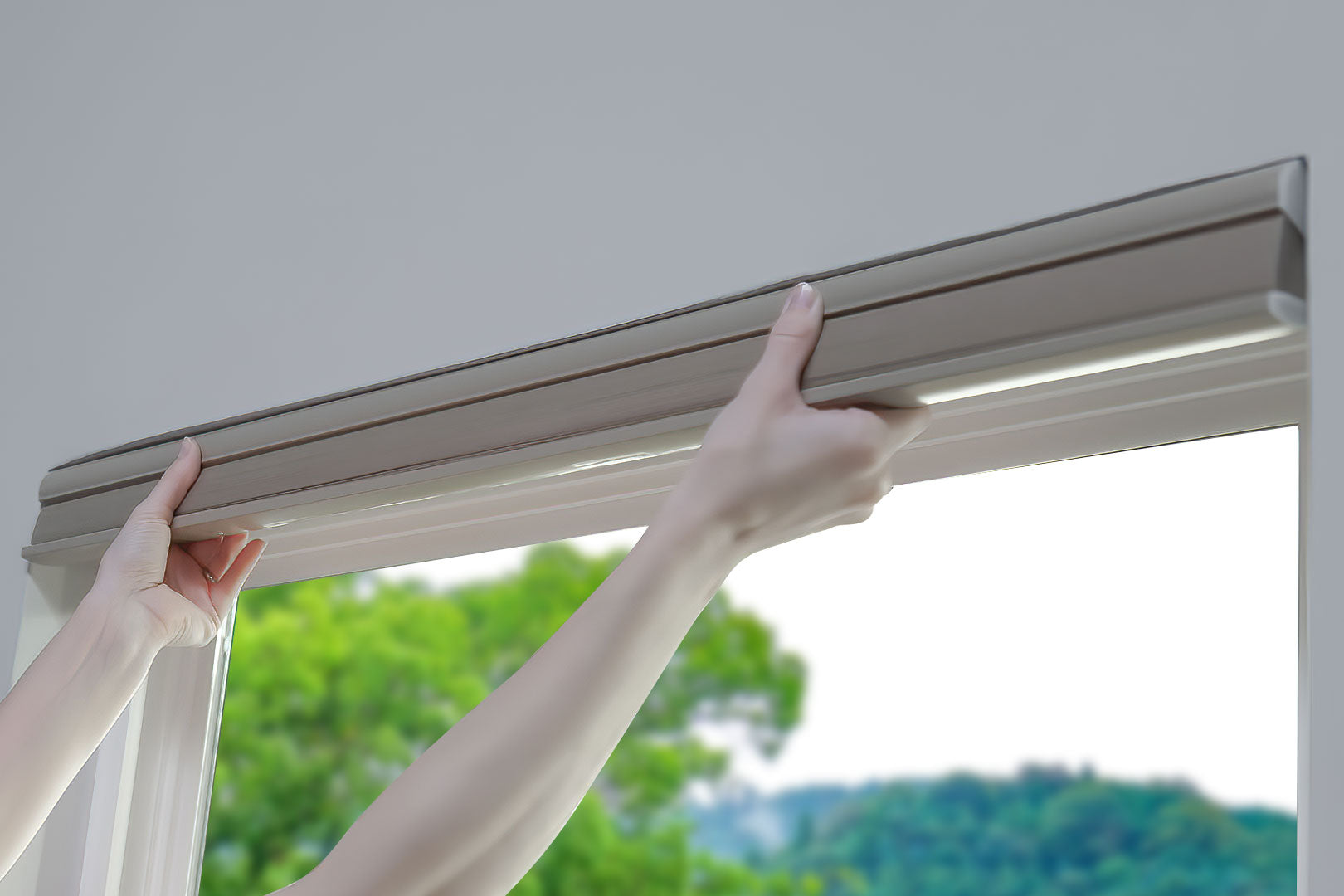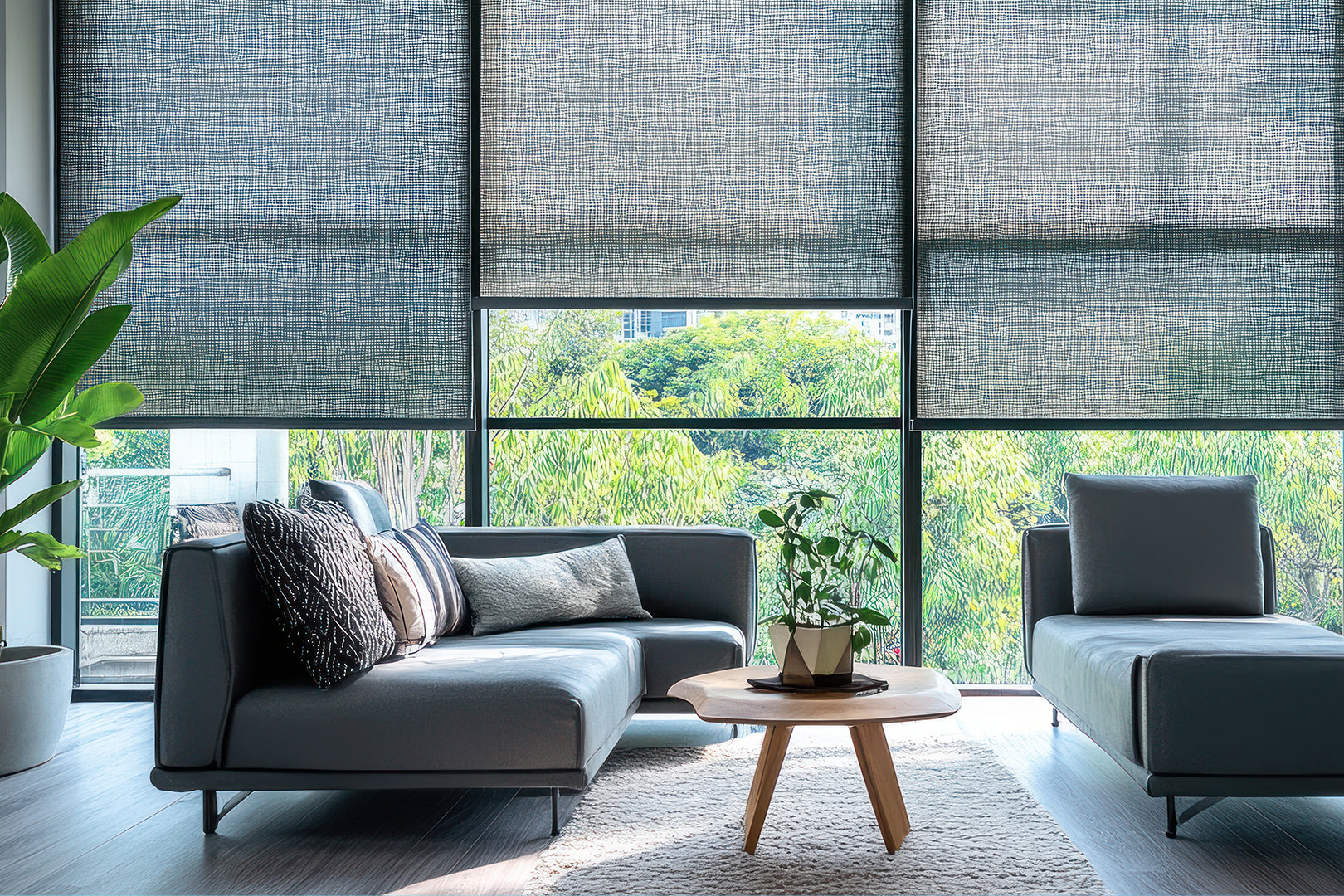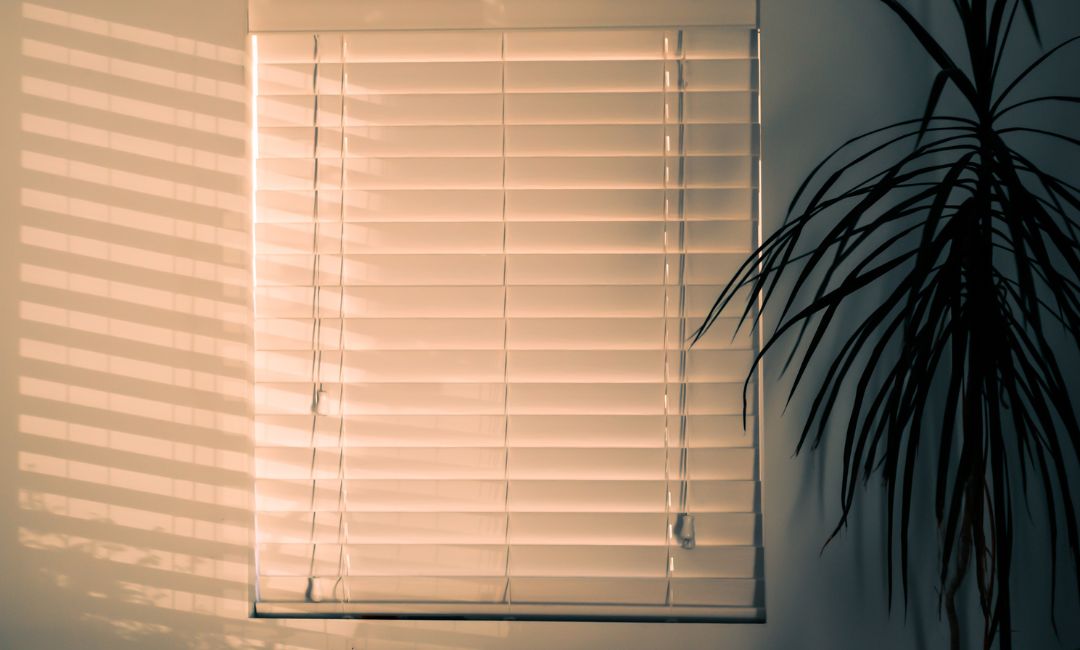Most people think blind just block light and give privacy. But accessories for windows can do way more than that. The right ones actually help with allergies and keep pets safer too. When you're dealing with sneezing fits or worried about your cat getting tangled in cords, window treatments become more than just decoration.
Regular Blinds Create Real Problems
Fabric blinds are dust magnets. They collect pet hair, pollen, and all kinds of tiny particles that make people sneeze. Those soft folds trap everything and hold onto it for months. Even when you think they look clean, they're probably loaded with allergens.
Wooden blinds seem like a better choice, right? Not really. Each slat becomes a little shelf where dust piles up. The horizontal design practically invites particles to settle in. Cleaning them takes forever, and nobody wants to do it every week. Plus, you can never get all the dust out of those tiny grooves.
And here's the thing about cords: they're dangerous for pets. Cats can't resist playing with dangling strings. They see movement and their hunting instincts kick in. Dogs might chew right through them, especially puppies who put everything in their mouths. Either way, it's a problem waiting to happen.
Traditional blinds also create air circulation issues. When dust gets trapped in fabric or settles on slats, it gets stirred up every time someone opens or closes them. That sends allergens floating right back into the air you're breathing.
Motorized Blinds for Windows Fix Most Issues
Motorized blinds for windows get rid of the cord problem completely. No cords means pets can't get tangled up or hurt themselves. That strangulation risk? Gone. No more worrying about coming home to find your pet in trouble.
But there's more to it than just safety. Since these blinds work with a button push, you don't need to touch them much. Less touching means less stirring up of dust and allergen. You can adjust them from across the room without disturbing any particles that might be settled on the surface.
Most motorized options have smooth surfaces that don't trap particles like fabric does. Materials like aluminum or treated vinyl create barriers instead of collection points. A quick wipe usually handles the cleaning, and you're done in minutes instead of hours.
The remote control aspect helps people with mobility issues too. No more reaching for cords or struggling with manual controls. Everything happens at the touch of a button.
Better Materials for Allergy Sufferers
The material makes a huge difference in how much allergens build up. Synthetic materials work better than natural ones for controlling allergies. They don't soak up moisture, so mold and mildew can't grow as easily. This matters more than most people realize.
Cellular shades are worth mentioning here. Their honeycomb design traps air for insulation, which saves energy. But the best part? They don't have those flat surfaces where dust settles like regular blinds do. The closed-cell structure keeps particles from getting trapped inside.
Roller shades with tight weaves block allergens from coming through windows in the first place. Some even fight bacteria and dust mites on their own with antimicrobial treatments built right into the material. Prevention beats cleaning every time.
Vinyl and aluminum options resist moisture completely. They won't warp, crack, or develop the tiny gaps where allergens love to hide. When cleaning day comes, they actually get clean instead of just looking clean.
Pet Safety Goes Beyond Removing Cords
Sure, cord free operation helps with immediate safety concerns. But durability matters just as much for long term peace of mind. Pets scratch and climb on things, including window treatments. They don't mean to cause damage, it's just natural behavior.
Metal blinds handle pet damage way better than wood or fabric. Scratches on aluminum barely show up, and the material doesn't tear or break easily. Wood gets marked up fast and shows every claw mark. Fabric? One good scratch session ruins the whole thing.
Here's a practical tip: shorter blinds cause fewer problems overall. Floor length treatments just give pets more things to mess with. They can hide behind long curtains, use them as climbing practice, or get completely tangled up.
The installation height matters too. Mounting blinds higher up puts them out of reach of most pets while still providing the light control and privacy you need.
Where to Put What Type
Bedrooms need special attention since that's where people sleep for eight hours straight. Blackout options help with better sleep while keeping allergens out. The combination of darkness and clean air makes a real difference in sleep quality.
Kitchens and bathrooms present unique challenges that most people don't think about. Steam and cooking smells make allergens stick to surfaces more effectively. You need materials that handle moisture well without developing problems later. Mold growth in window treatments can make allergies much worse.
Living rooms get the most daily use, so durability becomes extra important. These areas also tend to have the most pet activity. Think about which rooms your animals use most throughout the day. Those spaces need the toughest, easiest-to-clean options you can find.
Easy Cleaning That Actually Works
Regular vacuuming helps with traditional blinds, but it's hard to do properly. All those little slats and corners make thorough cleaning nearly impossible without taking everything apart. Most people give up halfway through and just dust the visible parts.
Smooth blinds change everything about maintenance. A damp cloth handles most everyday messes without any struggle. For tougher dirt or sticky residue, regular household cleaners work fine. No special tools, no complicated procedures, no spending your weekend on window treatments.
Motorized systems need battery changes or electrical maintenance occasionally. But that's maybe once a year for most systems. Compare that to dusting regular blinds every week, and the time savings add up fast. Some people actually enjoy using their motorized blinds because they're so simple.
When to Learn More About Upgrades
Spring cleaning usually shows just how much stuff regular blinds collect over time. That's when people start looking for better options and researching what's available. But you don't have to wait for spring cleaning season - especially if someone in your house has allergies year-round.
New pets change the safety equation completely. Kittens and puppies are more curious and energetic than older animals who've settled into routines. They turn innocent-looking cords into real dangers just by being their normal, playful selves.
Money matters, obviously, when making home improvements. But when you add up replacement costs for damaged blinds, plus all that weekly cleaning time, plus potential vet bills from cord accidents, motorized options start making financial sense. Sometimes the upfront cost pays for itself pretty quickly.
Wrapping Up
Window treatments that handle both allergies and pet safety aren't just fancy extras anymore. They solve real problems that affect daily life and health for millions of households. The technology's gotten better while prices have come down significantly over the past few years. For homes dealing with allergies, pets, or both situations, these accessories for windows represent practical solutions rather than just nice to have upgrades.

